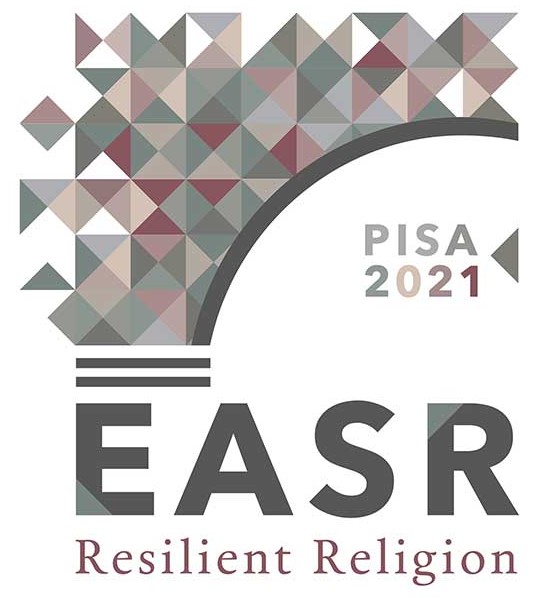
Gerard Wiegers
(PhD Leiden University 1991) is Full Professor of Comparative Religious Studies at the Department of History, European Studies and Religious Studies at the Faculty of Humanities of the University of Amsterdam. Previously he was full professor of Religious Studies, in particular Islam, at Radboud University Nijmegen and associate professor and Research Fellow of the Royal Netherlands Academy of Sciences and Arts (KNAW) at Leiden University.
His research focuses on religious diversity and minority groups, in particular Muslims and Jews, in the history of Europe and the Middle East. He has taught a wide variety of courses and is at the moment responsible for the Theories and Methods Course in the Religious Studies Research Master programme.
Gerard Wiegers holds visiting research fellowships at the Consejo Superior de Investigaciones Científicas in Madrid and the Center for Religious Studies at the Ruhr University Bochum. He is a member of the editorial board of a number of books series in the field, among which the Numen Book Series, and has directed research projects funded by private and public funding organisations.
In the last few years he was a PI in the HERA funded project Encounters with the Orient in Early Modern European Scholarship (2013-2016) and Project Leader of the NWO funded project Delicate Relations. Muslims and Jews in London and Amsterdam (2014-2019). At present he is as a researcher involved in the ERC Synergy Project The European Qur’an (2019-2025) and as researcher and supervisor in the Marie Curie ITN project Mediating Islam in the Digital Age (MIDA, 2019-2024) (https://www.itn-mida.org/).
The Long Life of Mediterranean Prophecies of Empire: a case study in relational religion
In the Medieval and Early Modern Islamicate and European worlds prophecies of empire played an important role. These prophecies were embedded in dynamics of religion, politics, science and the esoteric readings of nature and history. At times apocalyptic in nature, they were used discursively across the existent religious divides, and other times interpreted polemically. The influence of some of these prophecies extends even into the modern and present-day world, e.g. in visions about the return of a messianic king in Portugal (Sebastianism), the conquest of Rome and the reconquest of Al-Andalus at the end of time in Islamic groups, or the eschatological establishment of Christian rule in Jerusalem among Christian groups.
My contribution will discuss the long life of these prophecies, focusing on the lives Christians, Jews and Muslims in the Early Modern Mediterranean world in the perspective of research on relationality in the study of religion by, for example, Volkhard Krech and Niels Reeh. Building on historical studies by e.g. Cornell Fleischer, Mercedes García-Arenal, Stefania Pastore and Maite Green-Mercado and continuing my own researches on the dynamics of religion in the early Modern Mediterranean, I will focus on a number of cases of eschatological imperial prophecies about the establishment of one sole (universal) religion as a solution for the great religious, social and political divides of the world.
